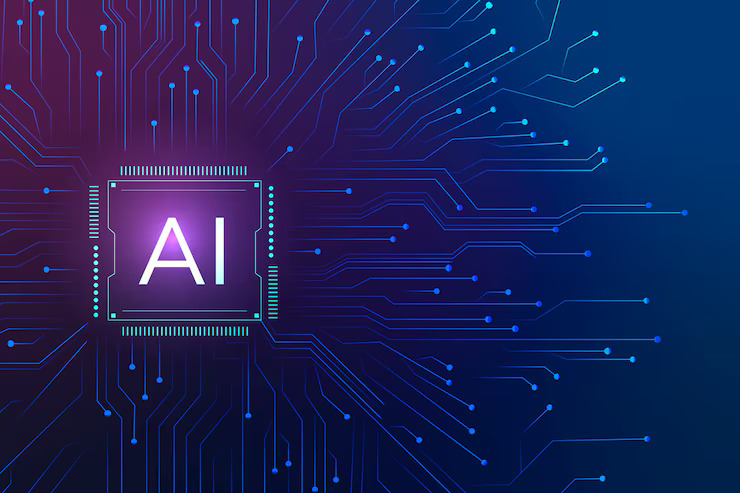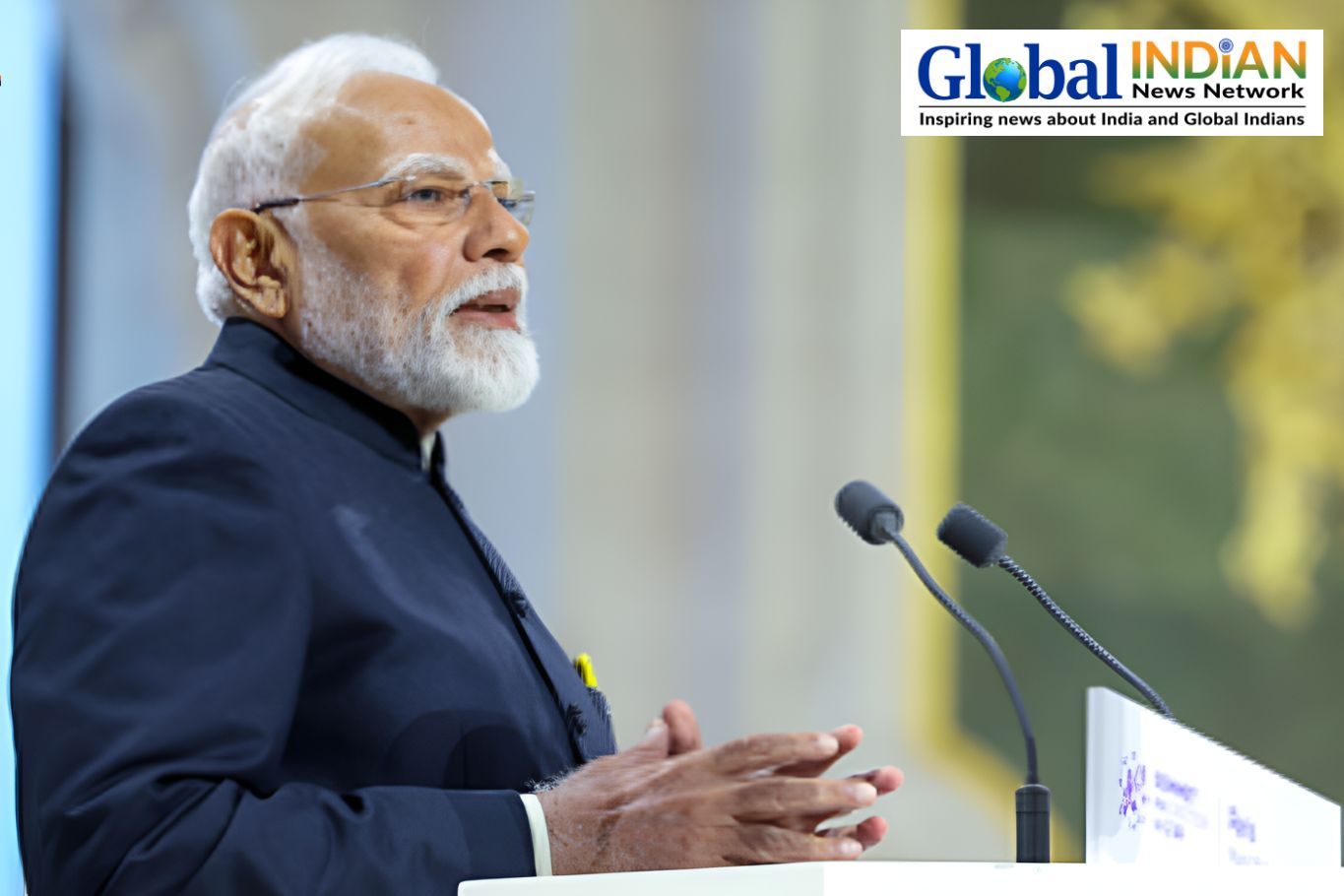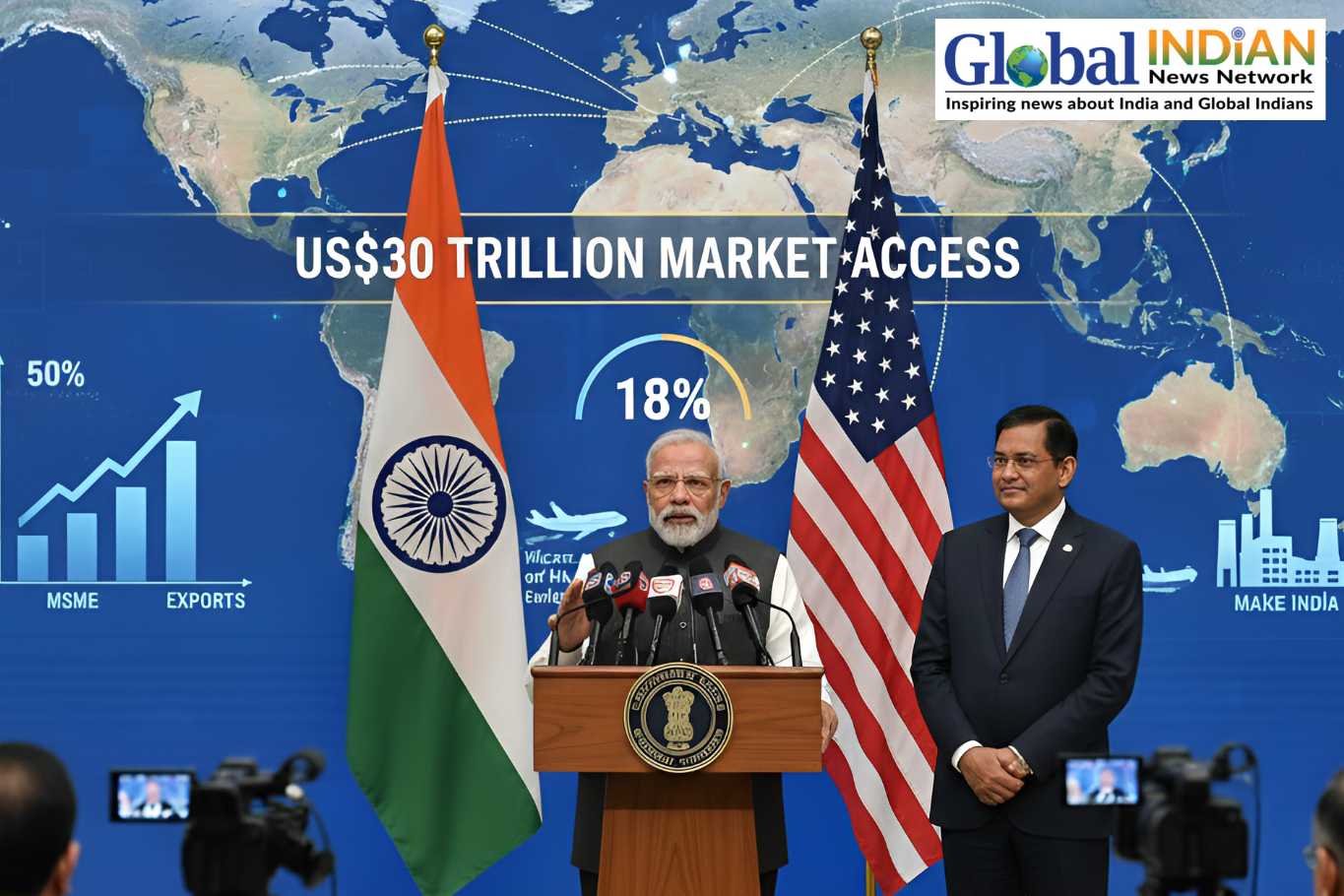
Global Capability Centers (GCCs) in India have undergone a remarkable evolution since the early 1990s, transforming from mere ‘captives’ of their global parent companies to dynamic ‘digital twins’ today. Srikanth Srinivasan, Vice President of the National Association of Software and Service Companies (Nasscom), highlights the newfound significance of Indian GCCs, emphasizing their role as indispensable as any other office for multinational corporations, especially in the post-pandemic era. This evolution is exemplified by companies like Planview and Target, with Planview’s India center emerging as a cutting-edge ‘digital next generation’ entity, while Target’s Bengaluru operations serve as a fully integrated GCC and strategic partner often referred to as the company’s second headquarters.
Leading Indian GCCs, including Tesco and Optum India, have matured into models for intelligent business solutions aligned with global objectives, thereby contributing significantly to sustainable competitive advantage. These centers have become hotbeds of technological innovation, particularly in areas such as AI, machine learning, and blockchain. Target’s CGI capabilities, for instance, initially incubated in India, have expanded globally, showcasing the pivotal role of Indian GCCs in technological advancement.
According to a Nasscom-KPMG report, there has been a surge in GCC establishments, with 60% focusing on sectors such as engineering, R&D, IT services, and BPM, where specialized skills like AI and Cloud computing are in high demand. Companies like Sabre are spearheading significant AI-related initiatives, integrating AI into their product suite with the expertise nurtured within Indian GCCs. Overall, GCCs in India are instrumental in driving AI initiatives and technological advancements, thereby enhancing the competitiveness of their parent organizations on a global scale.









